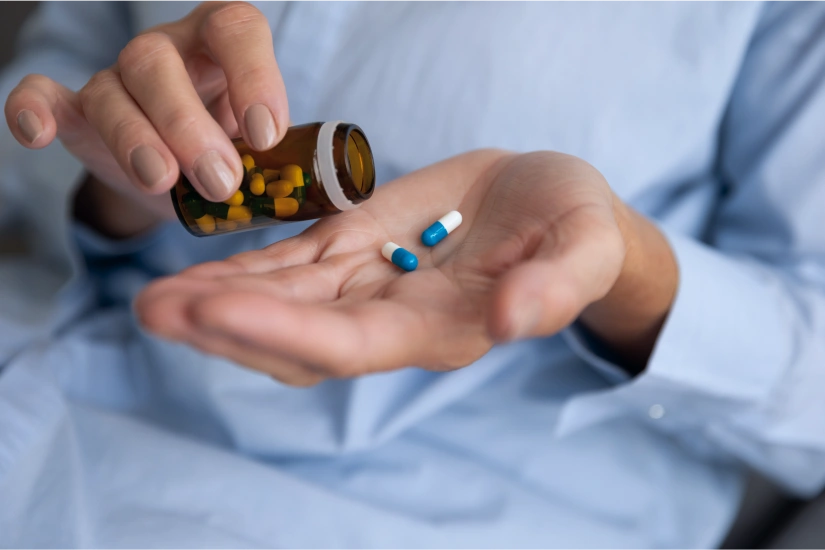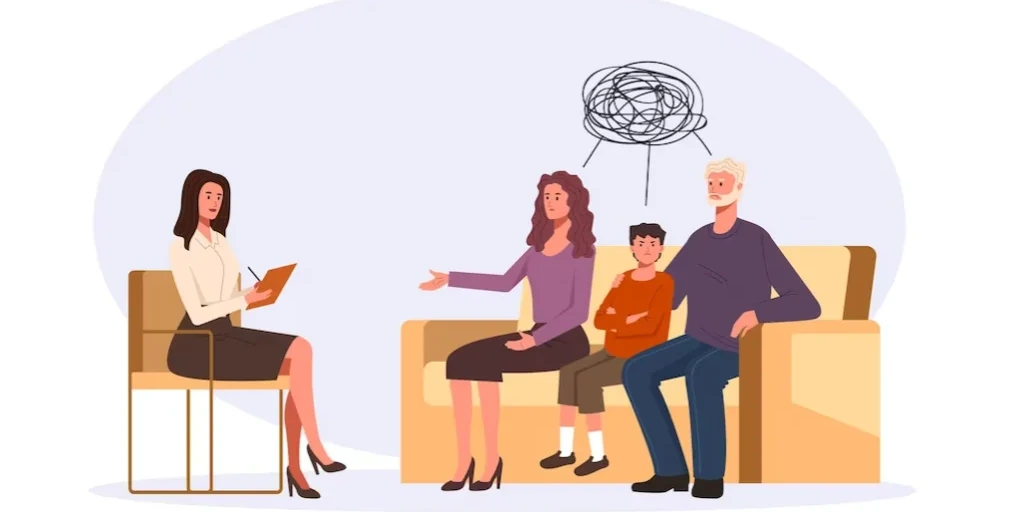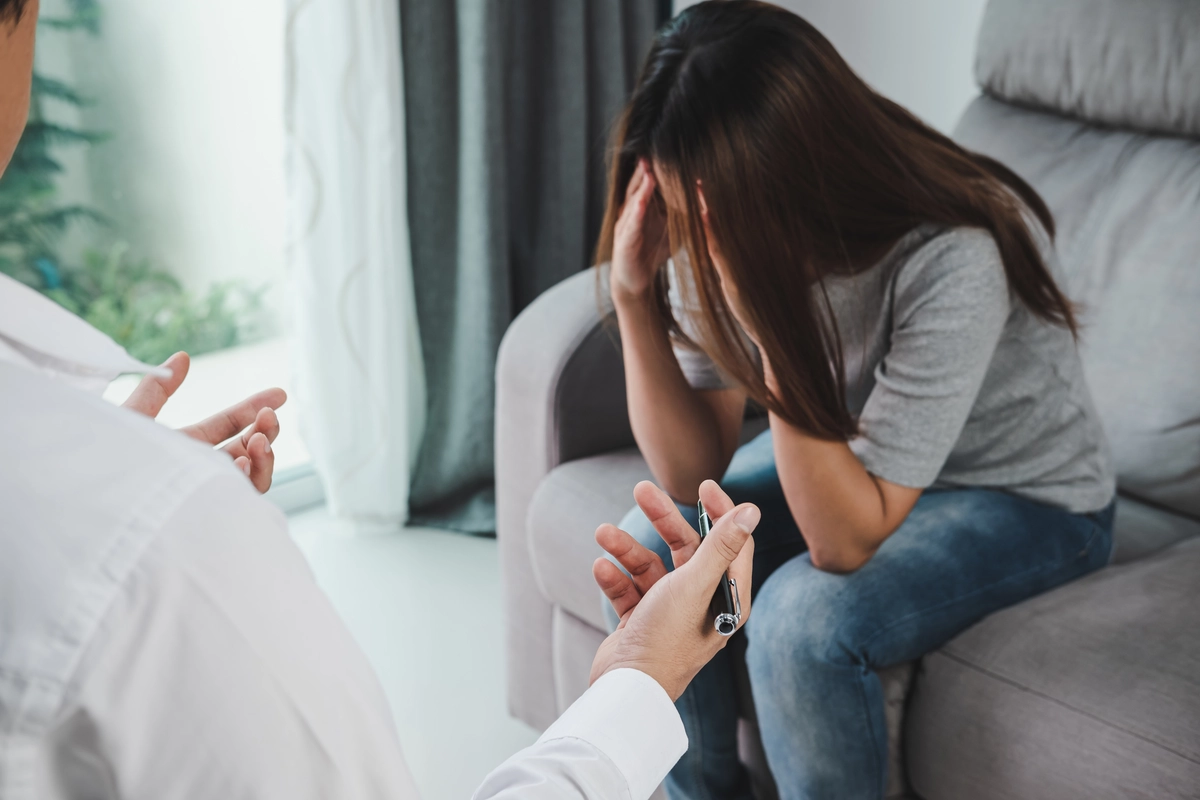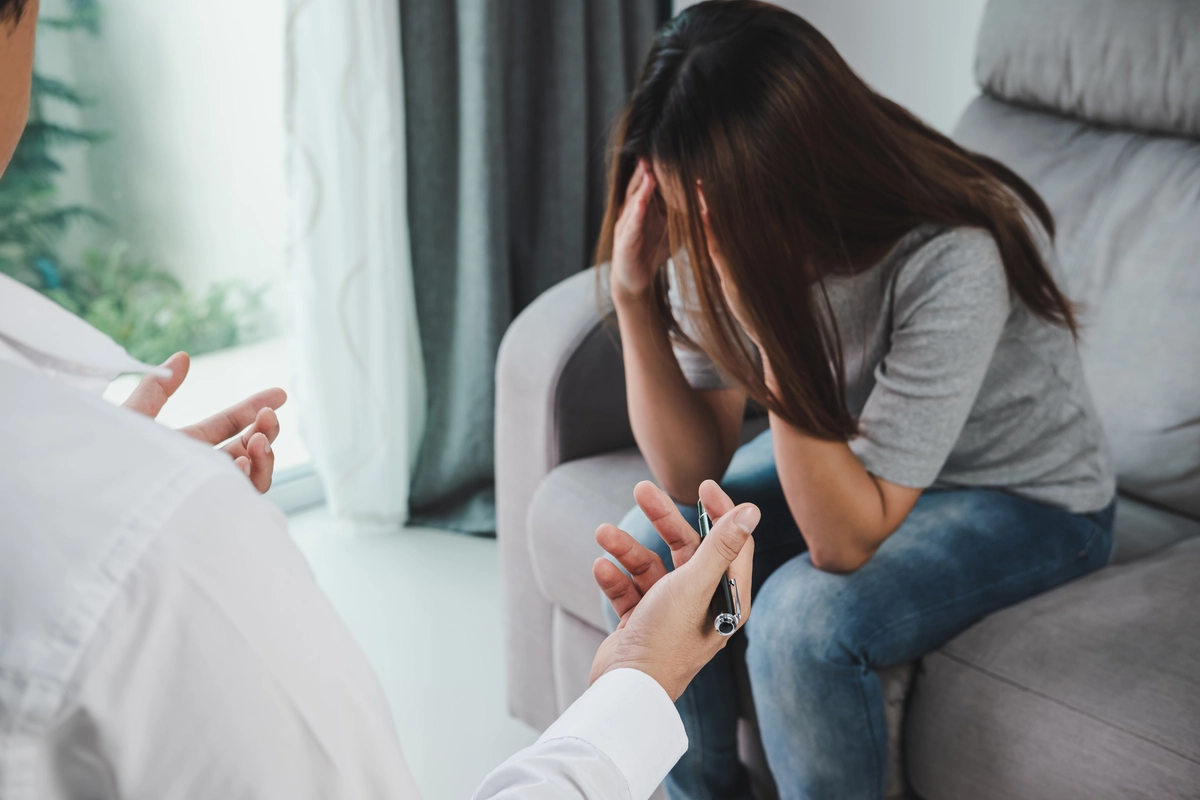During a stay at a rehab center for PTSD treatment in Liberty, individuals can expect a highly supportive and structured environment tailored to facilitate healing and recovery. Upon arrival, patients undergo a comprehensive assessment to understand their specific needs, history, and treatment goals, after which an individualized treatment plan is developed. Activities typically include daily therapy sessions, group discussions, skill-building workshops, and self-care practices aimed at fostering emotional well-being and coping strategies. In addition to traditional talk therapies, patients may engage in holistic modalities such as yoga, art therapy, or mindfulness practices to promote mental health. Meals are provided, often catering to dietary needs and preferences, ensuring overall wellness during treatment. Throughout their stay, individuals can expect consistent communication and support from treatment staff, who are dedicated to fostering a safe and nurturing atmosphere. Patients should also anticipate opportunities for family involvement and regular check-ins to track progress. This structured environment is designed to promote accountability, teach essential coping mechanisms, and facilitate deep personal growth, aiding individuals in navigating their recovery journey effectively.
























































